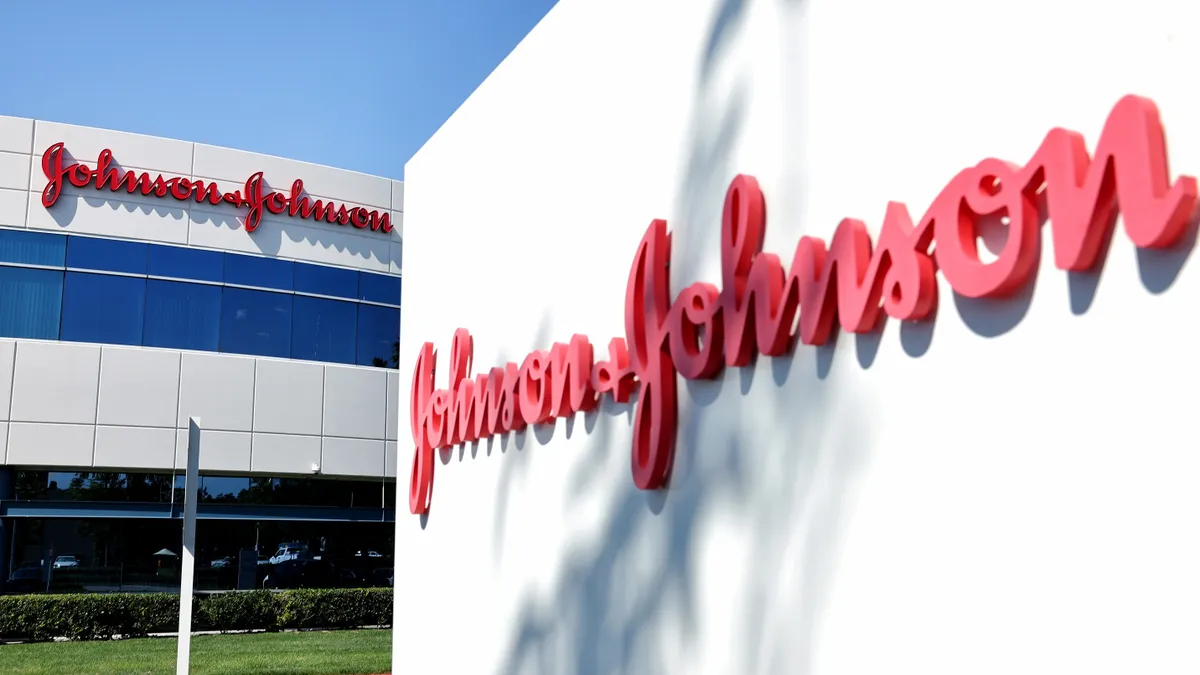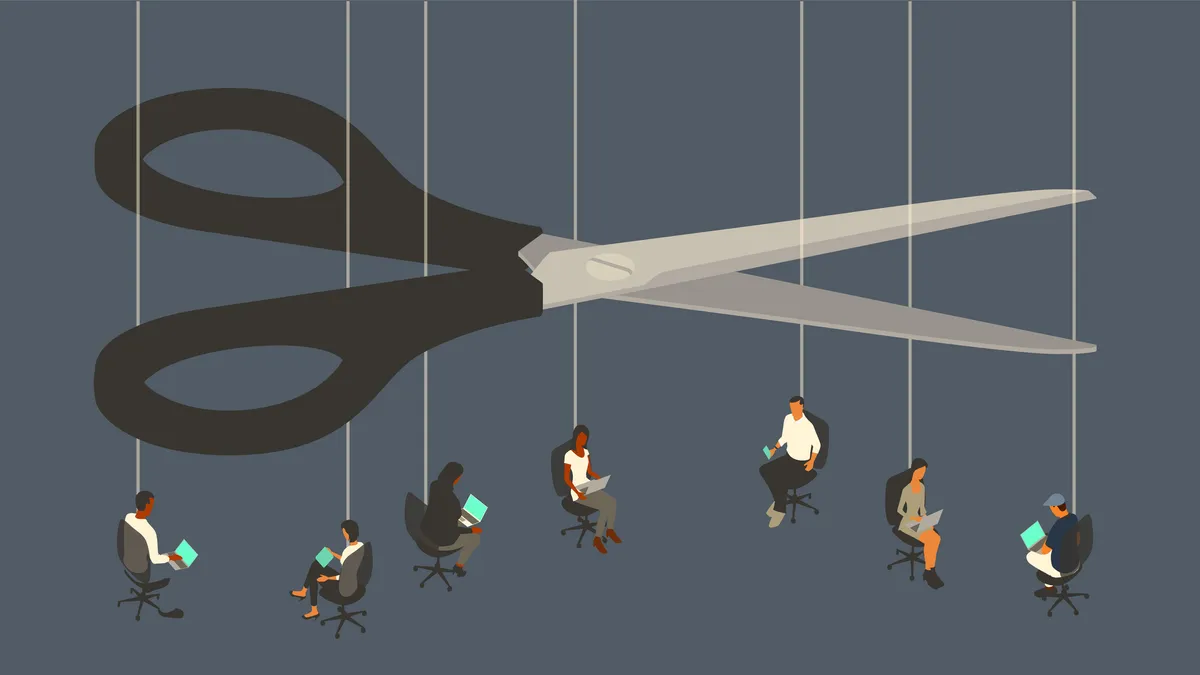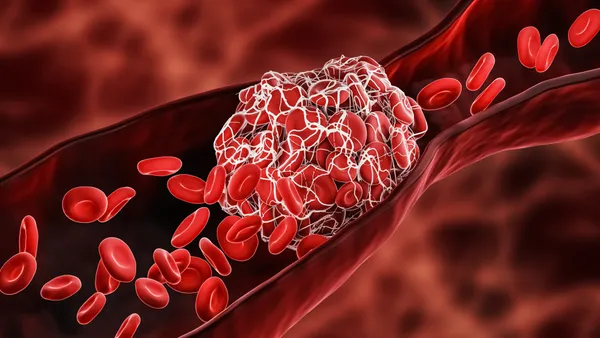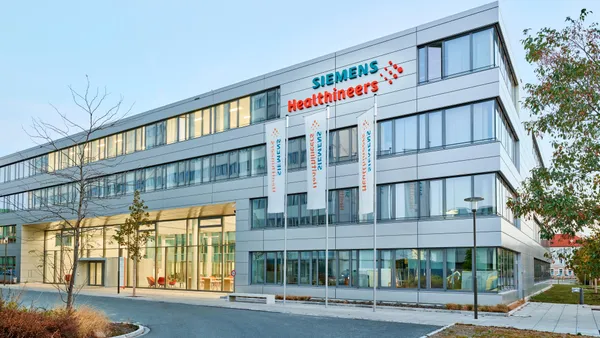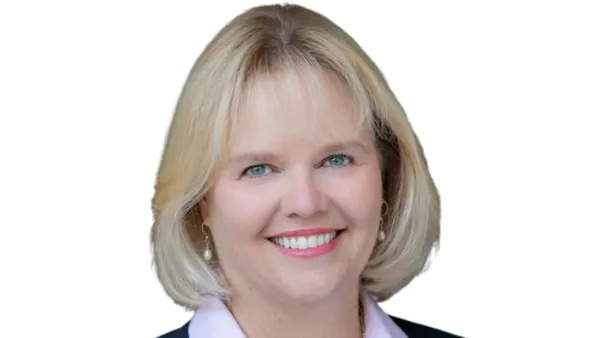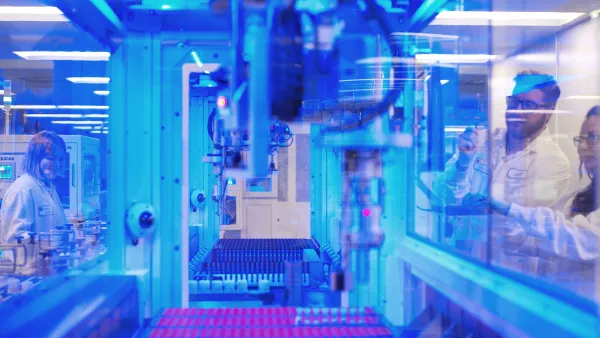Dive Brief:
-
Senseonics CEO Tim Goodnow cited the pricing of Abbott’s continuous glucose monitor FreeStyle Libre as a factor that has hit the performance of a partnership with Roche, forecasting sales outside of the U.S. to drop by a third this year. Shares fell 17% on Friday.
-
In results posted Thursday, Goodnow revealed that changes to the terms of a deal granting Roche the right to distribute Senseonics’ implantable CGM in Europe will drag on sales in 2020 but contends the pact with the Swiss pharma still has legs.
- Roche secured European distribution rights in 2016 but sales in the region have disappointed Senseonics, in part because of the stiff competition provided by Freestyle Libre.
Dive Insight:
Unlike rivals such as FreeStyle Libre, Senseonics’ CGM, branded Eversense, is an implantable device. The implantable sensor used in versions now on sale in Europe lasts for 180 days. Senseonics contends the implant is preferable to wearable sensors used by devices such as Freestyle Libre but it is yet to achieve a fraction of the commercial success of Abbott’s product.
That looks unlikely to change in 2020. In its fourth quarter results, Senseonics predicted ex-U.S. sales of its CGM will fall by one third this year. The forecast is underpinned by changes to the Roche deal. Senseonics disclosed the change last year but its full impact still blindsided analysts.
“We did not appreciate the impact of Roche’s now lower minimum purchase thresholds. This drove 2020 [worldwide] revenue guidance well-below our Street-low projections,” analysts at Stifel wrote in a note to investors.
The revised terms of the deal reflect the fact that Roche has a stockpile of Eversense devices that built up as a result of the previous minimum purchase requirements exceeding demand for the CGM. Senseonics does not expect Roche to order any more devices in the first quarter.
That situation has raised doubts about the future of the Roche deal, which is due to end early next year. On a conference call to discuss the results, Alex Nowak, an analyst at Craig-Hallum Capital Group, said “it doesn't seem like really either of you want to keep the contract going much longer.” Goodnow disputed that suggestion but accepted Eversense has faced challenges in Europe.
“I think their expectations when they first signed the agreement now multiple years ago was that they were going to be in a different place. I think the reality of pricing, the Libre pricing in some markets, and some of the other dynamics have impacted that,” Goodnow said.
It is unclear whether Roche and Senseonics are capable of turning the situation around. In disputing the suggestion that the Roche deal is dead, Goodnow outlined the situation as he sees it as the Swiss company, noting that “the strip and meter market is pretty difficult” and pointing to its decision to stop selling its Accu-Chek insulin pump in the U.S. As Goodnow sees it, those issues are affecting the resources Roche is able to commit.
“Heavy investment is not something that Roche is able to do right now,” Goodnow said.
With ex-U.S. sales set to fall, Senseonics is looking to its home market for growth in 2020. Senseonics expects net revenue in the U.S. to grow 100% in 2020. However, that is coming off the low base of $3.2 million in 2019. Senseonics’ gross revenue was significantly higher but most of the patients who received Eversense last year had insurance that, at best, only partly covered the cost of the device.
Senseonics plans to continue supporting patients who lack full insurance in 2020. However, it will need to start landing more full-paying customers soon. Senseonics expects the change to the Roche deal to cause its sales to fall below the minimum requirement under its credit agreement, making it noncompliant with the terms. As it stands, Senseonics expects its current cash reserves to run out in the fourth quarter.



